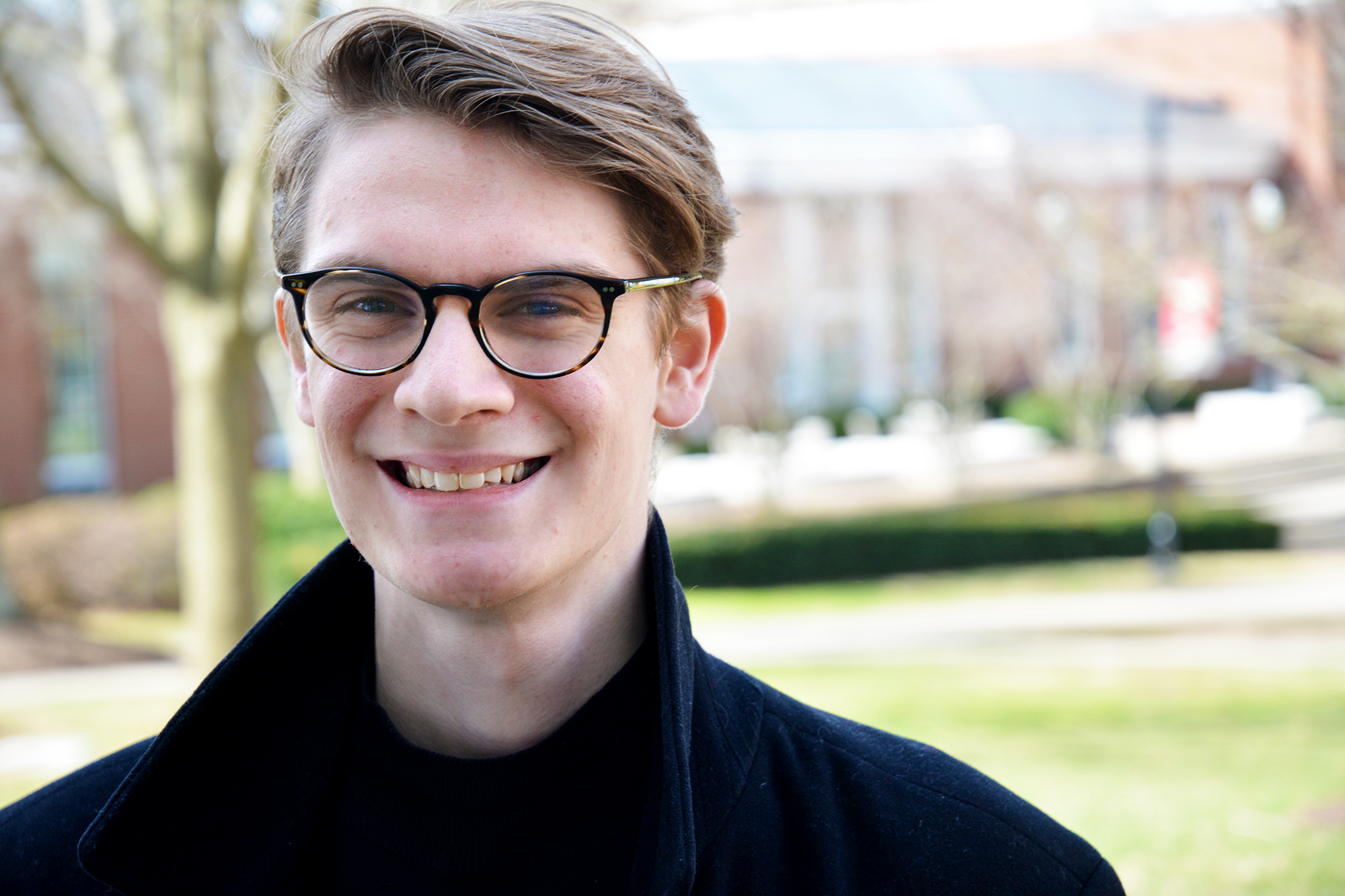Q&A: How Jessica Marie Konen ’10 discovered her path to cancer research at Transy
A postdoctoral fellow at The University of Texas MD Anderson Cancer Center in Houston, Jessica Marie Konen ’10 is researching immunotherapy in the treatment of lung cancer. We asked her to tell us about her research and how it relates to her time at Transy. Where did you grow up and why did you choose Transy? I grew up in northern Kentucky, a small town called Fort Thomas. When I began looking for colleges, I knew I wanted to go to a small liberal arts institution, mostly because the idea of a big state school was terrifying. And I knew the reputation of schools like Transy. Though I had my pick of a few schools, I ultimately chose Transy for several reasons. The biology program was highly esteemed; the campus was gorgeous and felt like home; and I knew I could see myself roaming it for four years. What kind of cancer research are you doing? I am working in the field of immunotherapy for treatment of lung cancer. Basically, we are trying to find ways to kick-start a patient’s own immune system to do the heavy lifting and combat the cancer for us. This field has revolutionized cancer therapy in many tumor types, and has even led to some cures of late-stage diseases which previously had little hope. However, like many cancer treatments, there are issues with resistance – the tumor smartly finds different ways to shut the immune response down. So I
Read “Q&A: How Jessica Marie Konen ’10 discovered her path to cancer research at Transy”




